As the Founder and CEO of gender equity arts organisation, We Are Untold, and a Digital Smoothie Content Creator, I would describe my days as multifaceted multi-tasking. Currently, I am whisking up short film and podcast scripts, legal contracts, art installations, writing content, project managing and communicating with around fifty different contributors, alongside the development of a new organisational strategy.
I have ignored AI as much as possible. My first introduction to ChatGPT was not successful, which was almost a relief. Being in the creative sector, I have been sceptical, and terrified of what AI means for the industry. However, adaptability is my middle name and ChatGPT has now become a staple in my pantry. It is delicious. But, like most delicious things, ChatGPT needs moderate, and mindful consumption.
ChatGPT is a time saver and then some. Research and drafting content can be cut down by half. On the positive side, this means you can double your research to craft an emotionally intelligent piece that speaks to your audience. On the negative side, there will be creators serving up McDonalds style cheeseburger and fries’ content at a lower price. If you can’t compete with this, you won’t survive. The key is to use AI to your advantage to be competitive without sacrificing quality.
The AI Diet: Quality Matters
Just as we strive to optimise our body and brain health through nutrition, the information we feed AI has a profound impact on the future health of our knowledge and society.
AI’s “diet” consists of the data it consumes. The quality, diversity, and accuracy of this data fundamentally influence the AI’s capabilities, decision-making, and impact on the world. Consider AI as the brain, and data as the fuel. What we feed it matters.
We could dump a pre-made smoothie mix full of artificial colours and flavours into a blender. Or we could add quality, nutrient dense ingredients. They will both come out looking relatively the same. But only the latter will optimise health.
Data: A Superfood
To make the most of ChatGPT for your work, you need to ask the right questions. To make the most of AI for the future of our society, we need to ask ourselves the right questions: is this ethical? Is this information biased? Have I checked the data and facts?
AI algorithms are trained on massive datasets that include historical and societal data. The data that exists from our education, arts, and cultural institutions, already paints a biased picture of our society. If we continue to feed AI this biased view of our society, culture, and history, we will perpetuate this bias further.
The symbiotic relationship between AI and knowledge creates a cycle: AI optimises our knowledge, and informed knowledge optimises AI. The ingredients we feed AI need to be carefully considered and curated to ensure the quality, ethics, and diversity of the data we feed to AI.
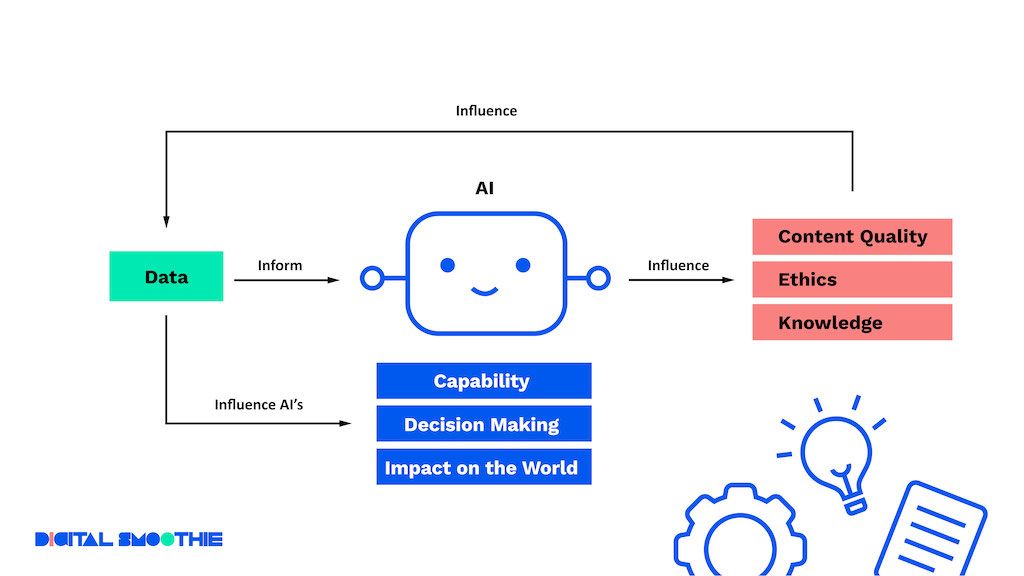
AI: Feeding the Future
The Fourth Industrial Revolution is not about machines taking over the world; it’s about humans using machines to take back their lives. Learning to use AI efficiently, effectively, and ethically will allow humans to be more productive in less time. Just as the First Industrial Revolution played a significant part in introducing the eight-hour workday, the Fourth Revolution could lead to a four-day, 30 hr workweek.
The 30-hour work week could have a profound impact on gender equity, allowing all genders to participate in unpaid caring and domestic labour. All people would benefit from having more time for caregiving, social and community work, exercise, health care, environmental work, and creative pursuits. This will positively impact our economy, education, health systems and lives.
There is the concern that the Fourth Industrial Revolution could have the opposite impact on gender equity. While improving efficiency and productivity, AI can also perpetuate stereotypes, bias, and inequalities.
AI assistants Siri, Alexa and Cortana are the epitome of a 1950’s housewife or secretary stereotype; polite, attentive, and submissive, feeding you information on the weather, reminders, directions, whilst always pleasant, never speaking out of turn, and never in charge.
To overcome these stereotypes, more women must have the opportunity to participate in the AI workforce, in leadership, design and development of AI. This is the key ingredient to making AI development inclusive.
AI: A recipe for Success
Just as our food choices impact our physical and mental health, the data we provide AI shapes the future of our knowledge and our society. For AI to be inclusive, ethical, and knowledgeable, we need to have diverse representation in the AI workforce.
We must learn and understand the benefits of AI whilst also respecting the dangers and ethical responsibilities it presents. A superfood is only super in moderation. Just as McDonald’s will not optimise your health, a diet consisting only of Kale will not keep you alive.
The future is in your hands, grab a smoothie and mix quality, ethical, AI ingredients into your strategy. It’s not only essential for your health, but your survival.
Enjoy reading about AI, Digital Transformation and Technology?
Here are some articles from our “How has AI changed the way you work series” that you might enjoy:
GenAI adventures – A year in review By Rania Awad
ChatGPT Vs Human – Who wrote it best? By Kerstin Norburn
From SciFi to Daily assistance- Applying AI in the Workplace By David Williams
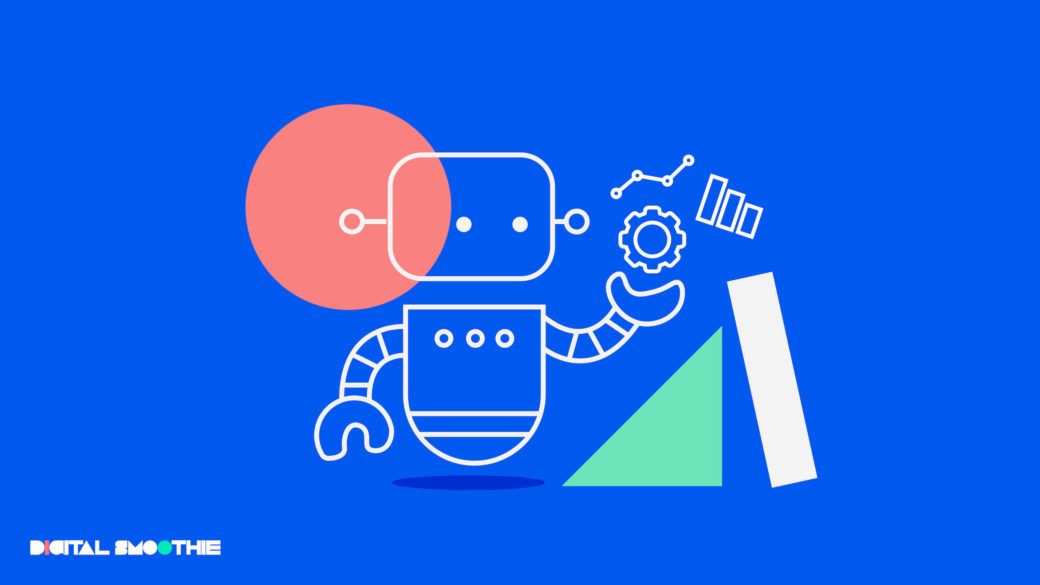
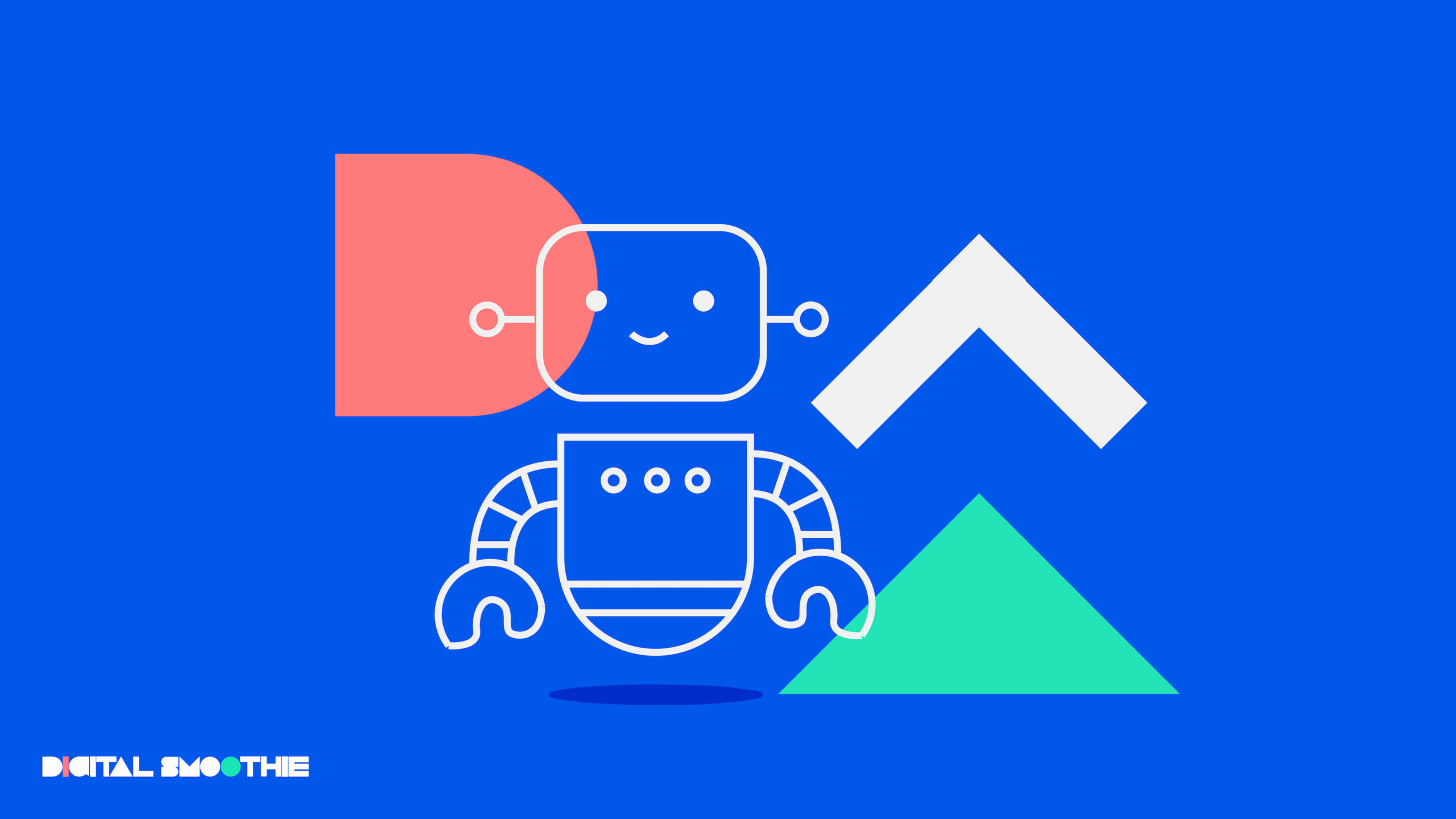
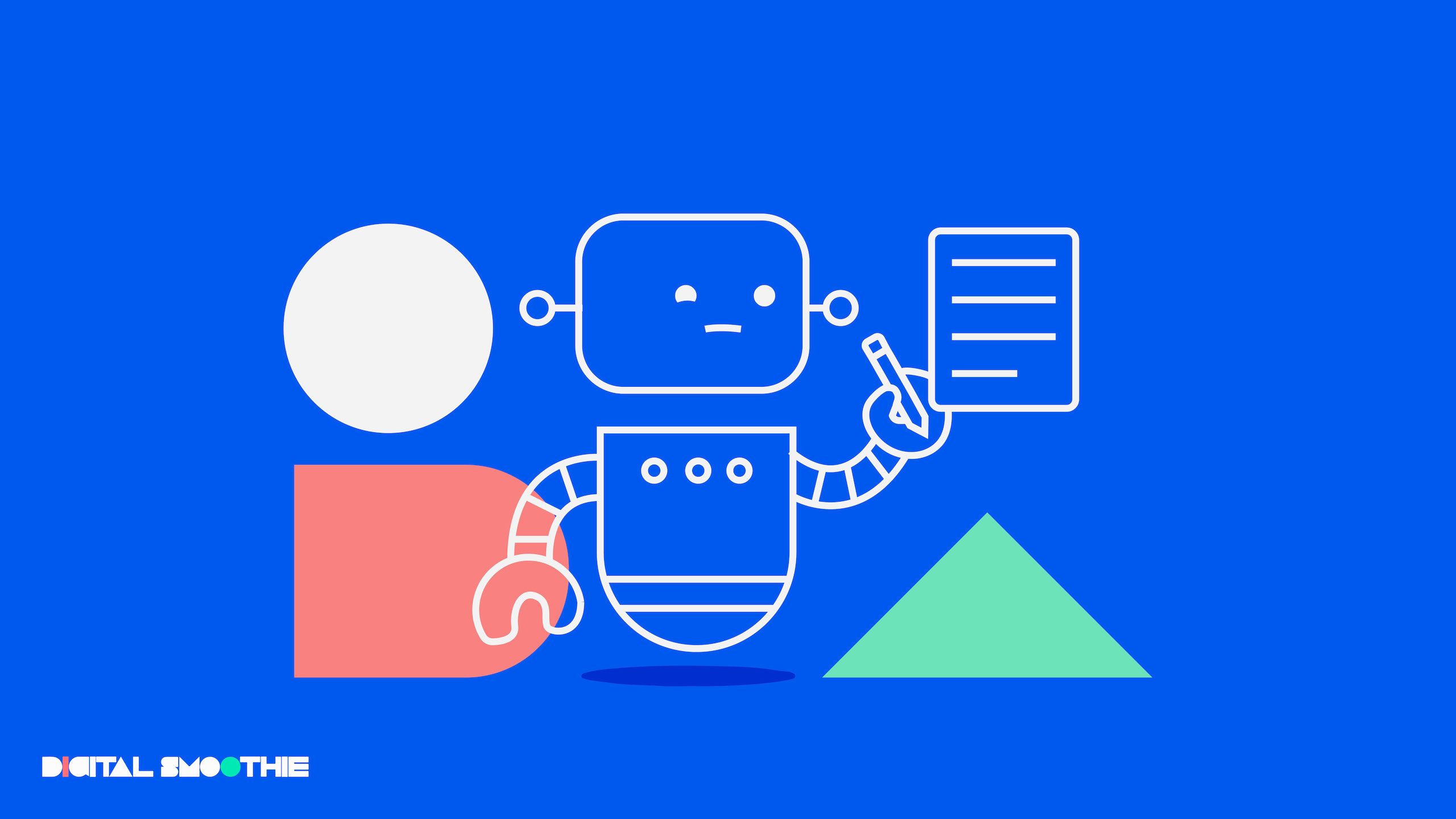
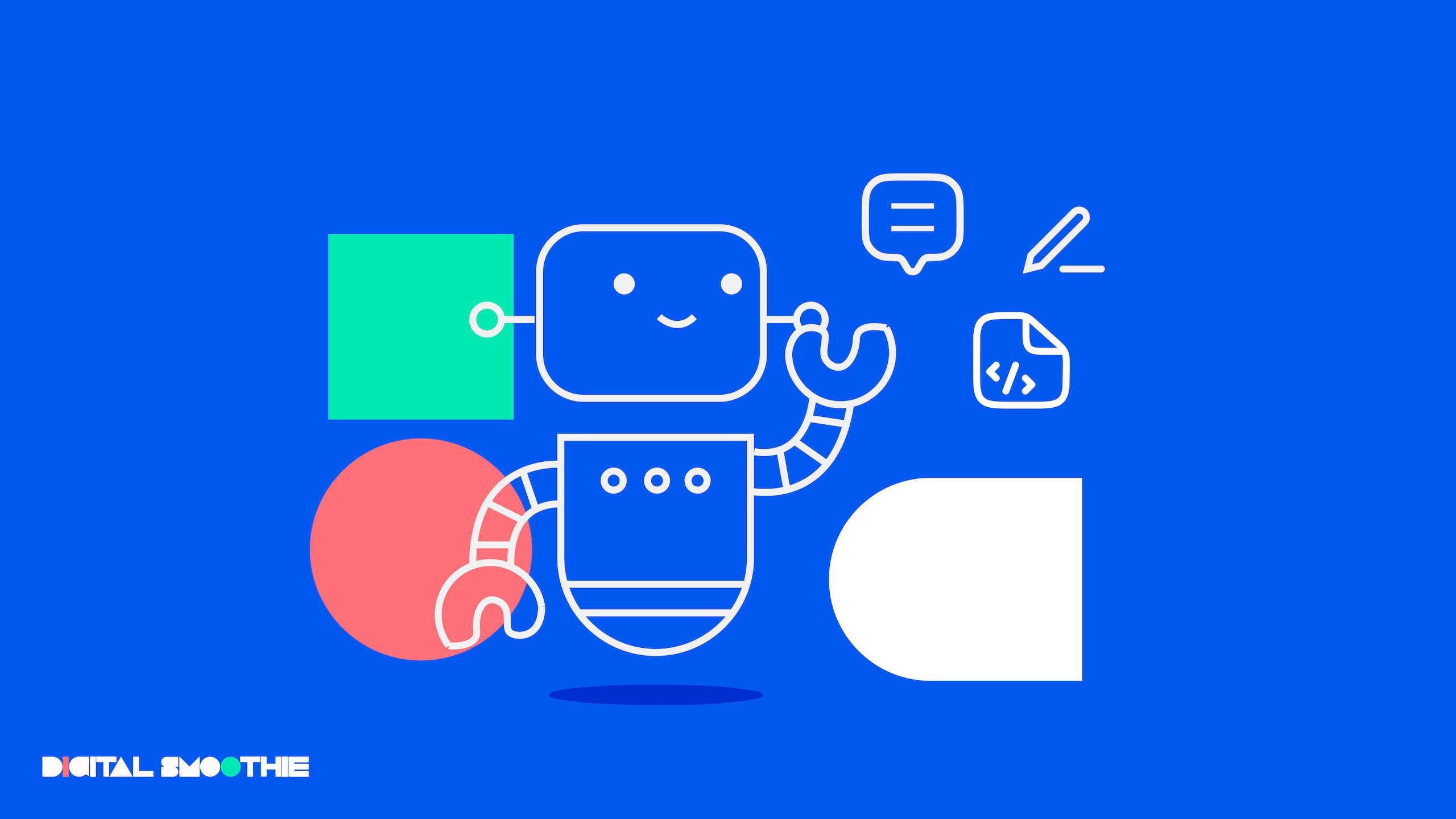


Leave a Reply